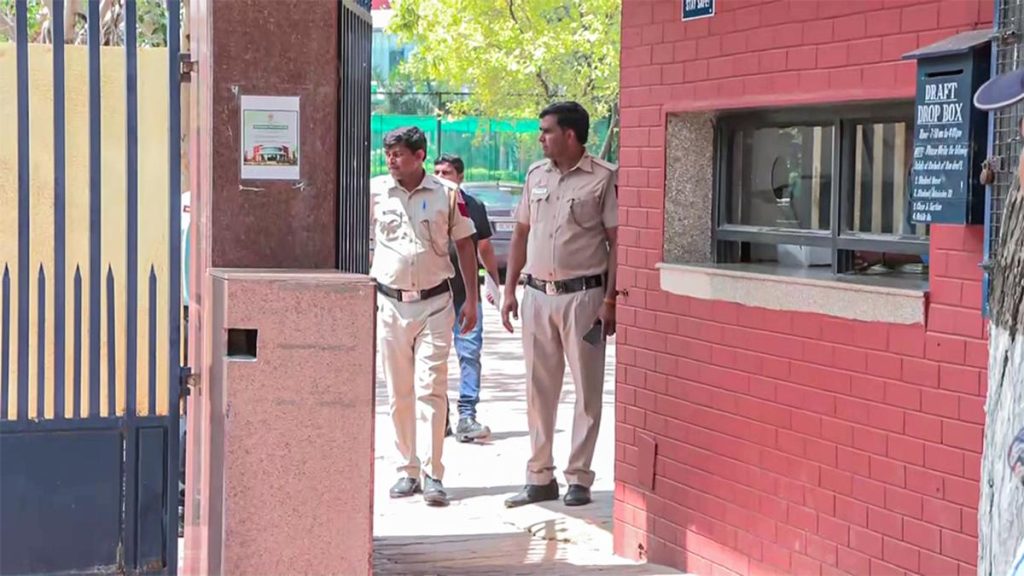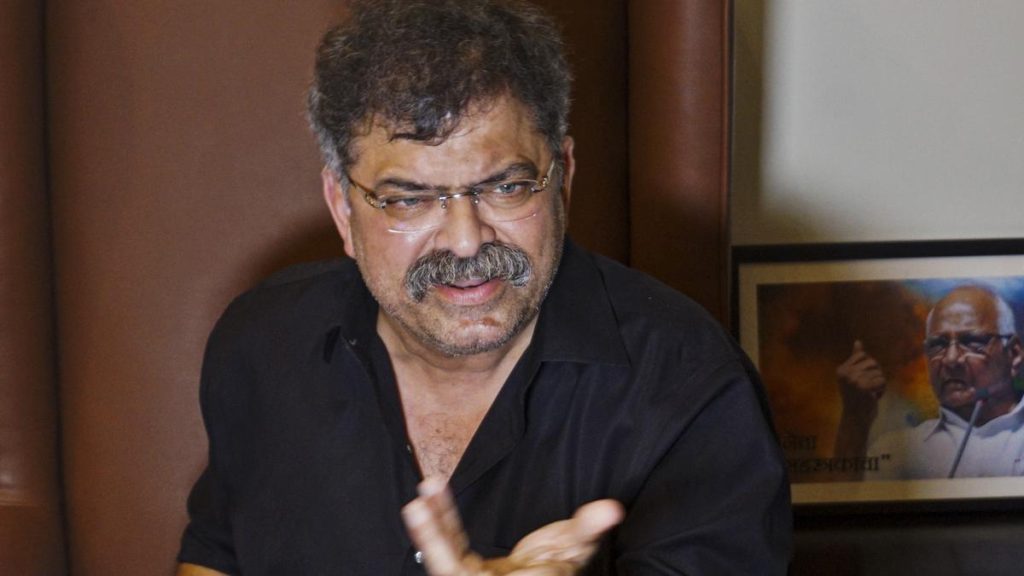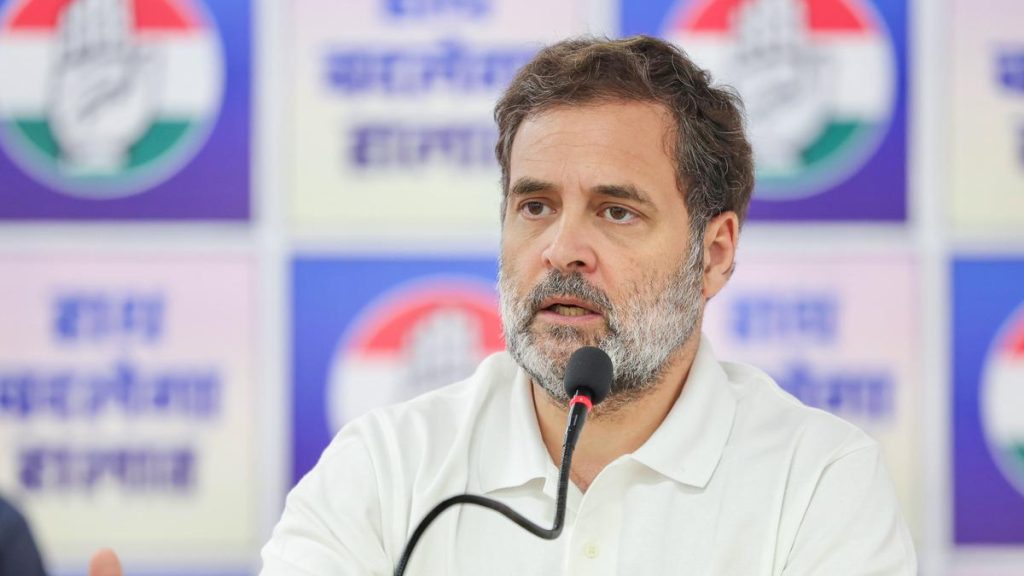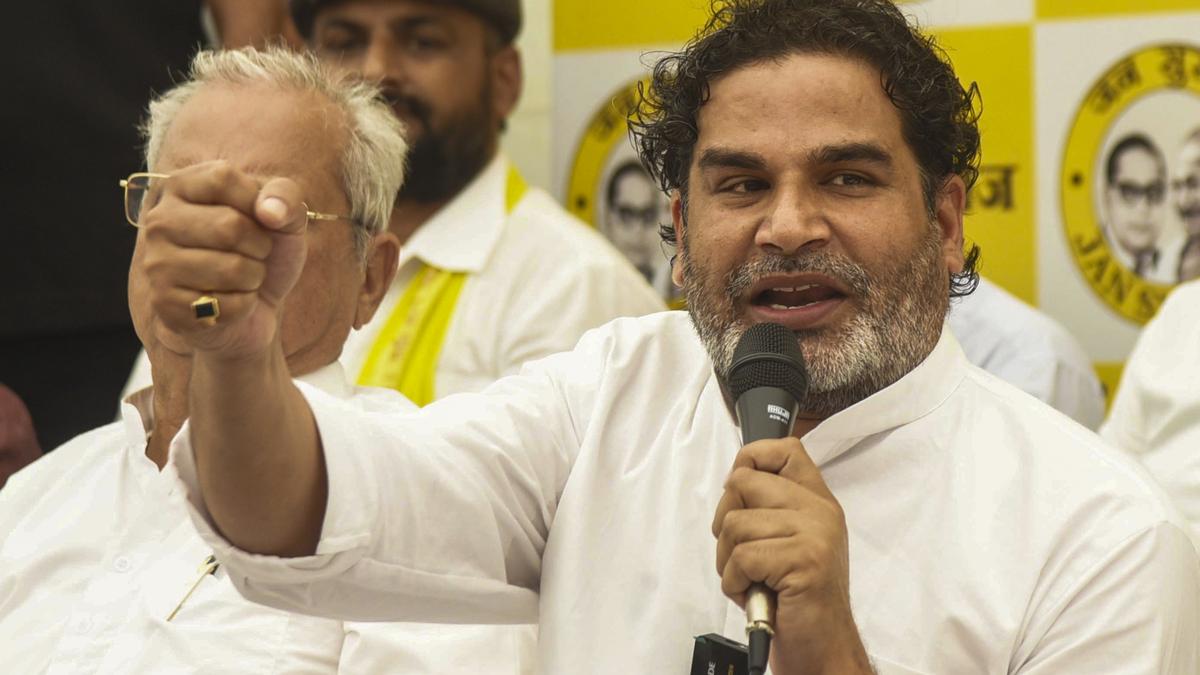Now Reading: CREEA Report Outlines Strategies to Safeguard Kerala’s Crops and Livelihoods
-
01
CREEA Report Outlines Strategies to Safeguard Kerala’s Crops and Livelihoods
CREEA Report Outlines Strategies to Safeguard Kerala’s Crops and Livelihoods

Quick Summary
- CREEA report Released: Kerala launched the Climate-Resilient and Energy-Efficient Agriculture (CREEA) report, shaped by workshops involving 14 districts and consultations across 16 departments such as Agriculture, Power, and Disaster Management.
- Focus Areas: The report aims to protect crop yield, food security, and rural livelihoods in the wake of extreme climate impacts on Kerala’s ₹56,000-crore agriculture economy. Currently, 94% of cropped land is deemed climate-vulnerable.
- Key Data: Losses in paddy and banana cultivation have increased by 28% since the floods of 2018; farm power use has doubled over a decade.
- Recommendations:
– Reduce farm energy use by up to 40% using solar pumps, biogas systems, precision irrigation.
– Implement low-carbon mechanisation practices to lower costs while improving soil health and biodiversity resilience.
– Establish Kerala Climate‑Resilient Agriculture Innovation Labs (K-CRAIL) at panchayat levels for farmer-led trials on bio-inputs and resilient cropping systems.
– Create farmer seed networks,AI-powered risk-mapping platforms for weather events management.
– Support smallholders via targeted subsidies linked with climate adaptation strategies.
- Timeline & Implementation:
– Inter-departmental CREEA steering task force notification expected within this quarter.- Pilot K‑CRAIL labs planned at Alappuzha, Palakkad & Wayanad districts by early 2026.
– EMC to draft public-private investment prospectus for financial channeling into innovative programs.
Indian Opinion Analysis
The launch of the CREEA framework underscores Kerala’s proactive approach toward addressing its growing agricultural vulnerabilities tied to climate change. with nearly all cropped areas classified as “climate-vulnerable,” coupled with sharp losses as recent flooding events, there is a critical need for systematic interventions like precision irrigation technologies or bio-input farming methods that help maximize resources while ensuring environmental sustainability.Strategically integrating local governance (panchayat-level living labs), where farmers serve as active participants in adaptation trials through K‑CRAIL hubs could prove effective in creating region-specific solutions. The initiative also signals significant reliance on multi-sector collaborations – spanning government bodies like EMC alongside private investment facilitation – presenting an encouraging model but necessitating clear implementation accountability metrics across stakeholders.
From an economic outlook aimed towards inclusion without carbon-burdensome practices-focus on smallholder subsidies linked productivity conditions signals recognition growing dual socio vulnerability Indexed key reforms!

























